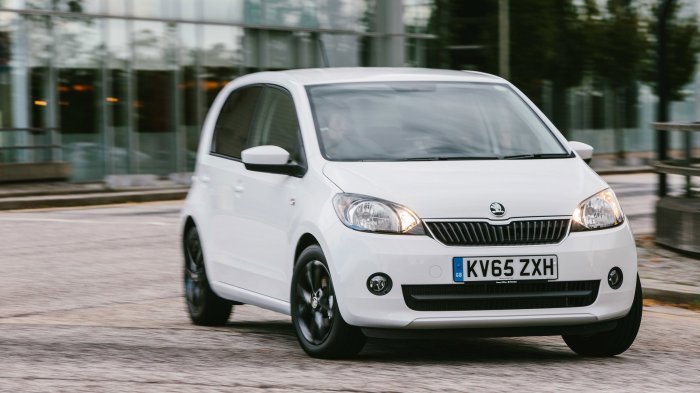Can you buy a cop car? It’s a question that has crossed the minds of many, whether out of curiosity or a genuine desire to own one. While the answer is not as straightforward as one might think, it is possible to legally acquire a police vehicle with the proper knowledge and understanding of the legal implications, availability, and ethical considerations involved.
In this comprehensive guide, we will delve into the ins and outs of purchasing a cop car, exploring the legal restrictions, channels for acquisition, necessary modifications, and ethical concerns surrounding their ownership.
Legal Implications: Can You Buy A Cop Car

Purchasing police vehicles comes with strict legal restrictions. It is illegal to acquire or possess a police car without proper authorization from law enforcement agencies. Individuals who violate these regulations face serious consequences, including fines, imprisonment, and vehicle confiscation.
One significant legal concern is the potential for impersonation. Owning a police car can provide an individual with the opportunity to deceive others into believing they are law enforcement officers. This can lead to dangerous situations and undermine public trust in law enforcement.
There have been numerous cases of individuals being prosecuted for illegally owning police cars. In one notable instance, a man in Florida was arrested after using a decommissioned police car to pull over unsuspecting motorists. He was charged with impersonating a police officer and possession of a stolen vehicle.
Availability and Acquisition

Police cars are typically sold through government auctions or surplus sales. These events provide an opportunity for the public to purchase decommissioned or retired police vehicles. Interested buyers should check with local law enforcement agencies or government websites for information on upcoming auctions.
When purchasing a police car at an auction, it is essential to verify the vehicle’s history and documentation. Ensure that the car has been properly decommissioned and is not stolen or involved in any criminal activity.
It is also important to note that some police cars may have been modified with specialized equipment, such as sirens or light bars. These modifications may require removal or adjustment to comply with civilian vehicle regulations.
Modification and Use

Converting a police car for civilian use requires certain modifications to remove any law enforcement-specific equipment. This includes sirens, light bars, radios, and any other components that are not legal for civilian vehicles.
Using a police car on public roads comes with both safety and legal implications. It is crucial to ensure that the vehicle meets all applicable safety standards and is properly registered and insured.
Additionally, it is important to be aware of the potential for misuse and impersonation. Using a police car in a manner that suggests law enforcement authority can be illegal and dangerous.
Ethical Considerations

The ownership of police vehicles raises ethical concerns surrounding the potential for misuse and impersonation. Individuals who own police cars should be responsible and transparent about their ownership.
It is recommended to disclose the vehicle’s history and purpose when using it in public settings. This helps prevent any confusion or misunderstandings and maintains public trust.
Responsible ownership also includes using the vehicle in a manner that does not violate any laws or regulations. This includes adhering to speed limits, traffic laws, and any restrictions on the use of police equipment.
Essential FAQs
Can I drive a cop car on public roads?
Yes, but only after removing all police-specific equipment, such as lights, sirens, and radios, and ensuring it meets all applicable safety and legal requirements.
Is it legal to own a cop car?
Yes, as long as it is properly decommissioned and no longer resembles an active police vehicle.
Where can I find police cars for sale?
Government auctions and surplus sales are common channels for acquiring decommissioned police vehicles.
